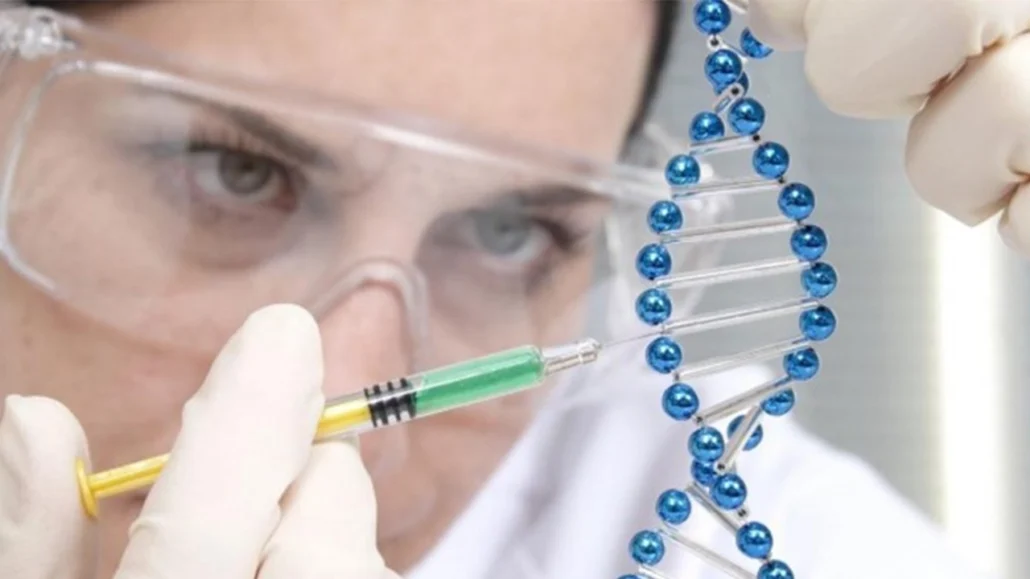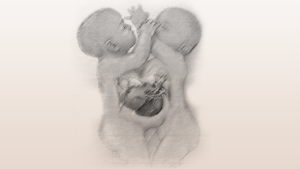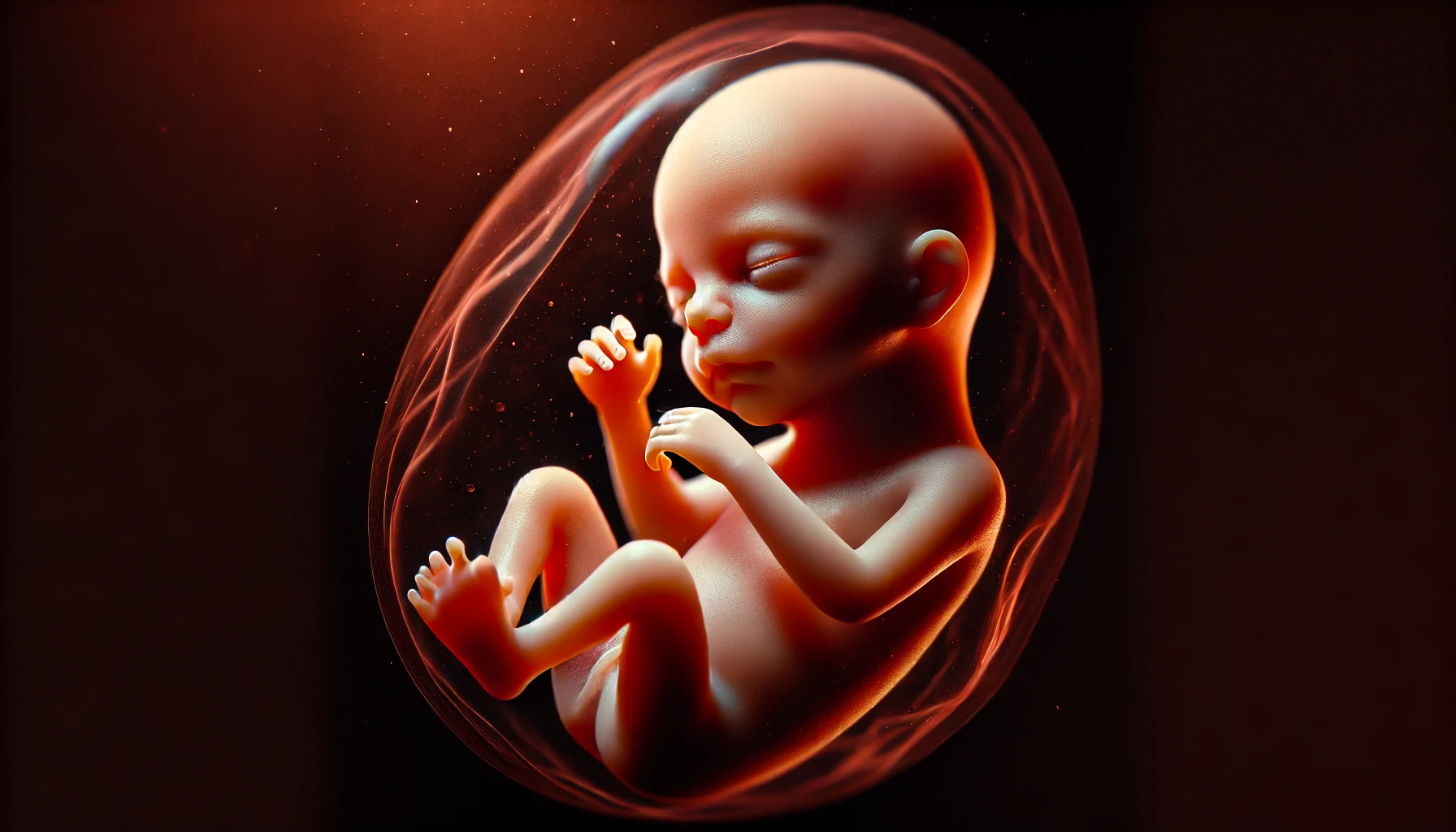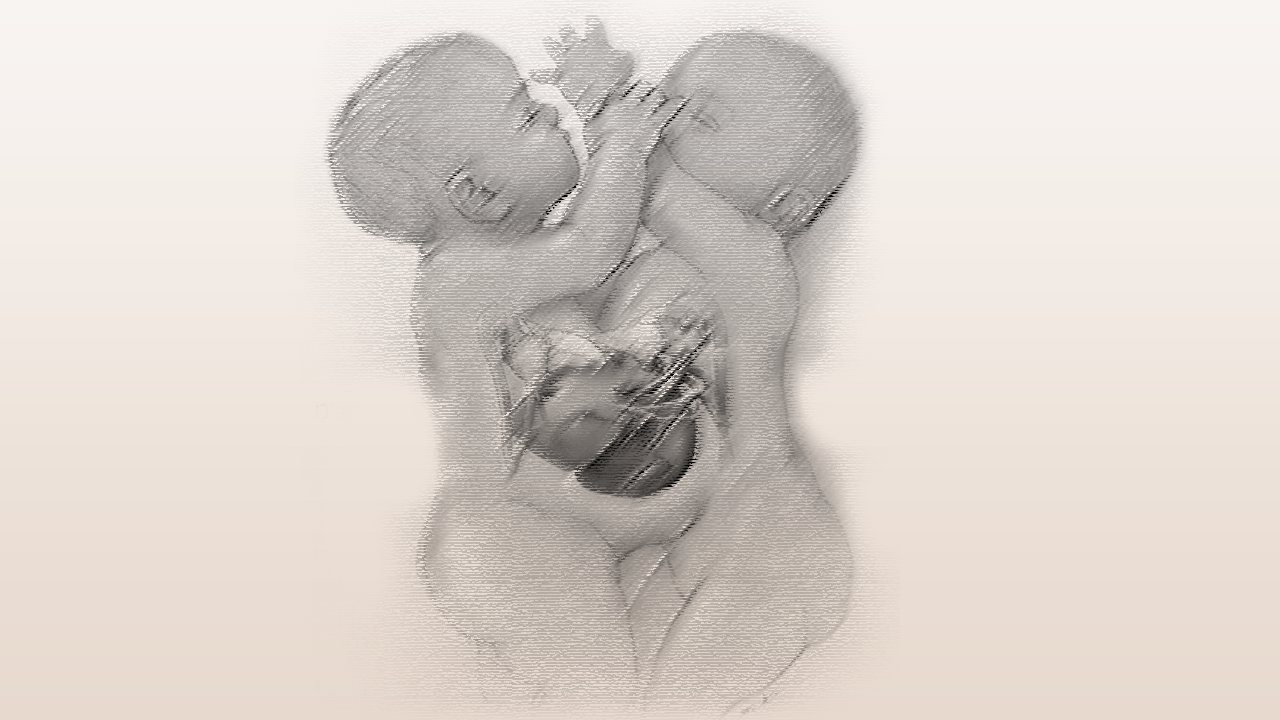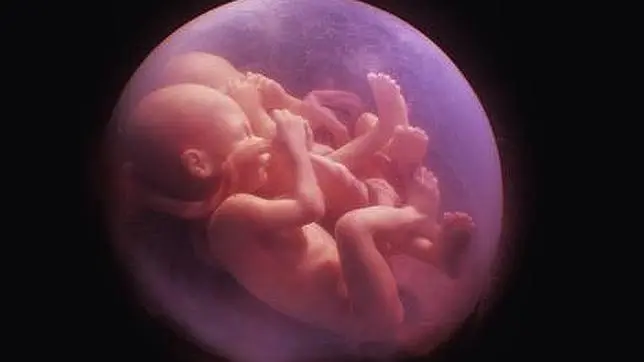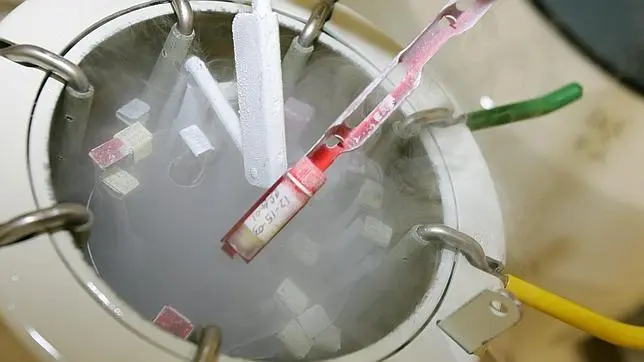Question:
I would like to know if someone from this organization could help me. I need current information about the medical ethics in the cloning of human organs, which are obtained from fetal cells in totipotential stage. I have been all over medline and the internet and I can’t find anything; please, can you help me? Thank you in advance, we are a group of medical students from the National Autonomous University of Mexico.
Answer:
I remind you of what is stated in the document of the Center for Bioethics of the Catholic University of the Sacred Heart (Rome) ‘Therapeutic human cloning’ [1]. After giving its negative opinion on cloning from embryos, it states: ‘It is not a question [in this case] of reproducing cells identical to each other from a single progenitor cell, as is currently the case in the field of cell culture; nor is it simply a question of producing, with the technique of in vitro cell proliferation, tissues destined for implantation (for example, skin, bone and cartilage tissue), according to the procedures of “tissue engineering”. With this technique, cells capable of proliferating and generating tissues in the laboratory are taken from the human or animal body in order to replace damaged tissues in a patient’s body, for example, as a result of a severe burn. Indeed, if it were a matter of cell reproduction or tissue engineering interventions, there would be no ethical difficulty, strictly speaking, in admitting the lawfulness of these techniques…’.
And further on, speaking of multipotent cells: ‘As far as multipotent stem cells are concerned, it is already known that they can also be found in other tissues, and not only in the early embryo. Indeed, they are found, among other places, in the yolk sac, in the liver and in the bone marrow of the fetus, as well as in the umbilical cord blood at the time of delivery. When staminal cells are collected from spontaneously aborted embryos or fetuses, or from the umbilical cord at the time of delivery, there are no particular ethical problems…’.
The same does not occur with the embryo, which is as inviolable in its rights to life and physical integrity as any other person.
P. Miguel A. Fuentes, IVE
[1] Cf. L’Osservatore Romano, 5 de marzo de 1999, p. 8-9.
Original Post: ¿Qué decir de la clonación de órganos humanos?
Other Post: Is it licit to do transplants from animals to humans?

